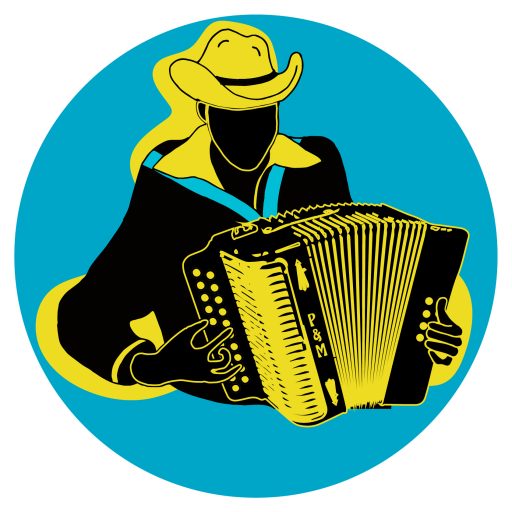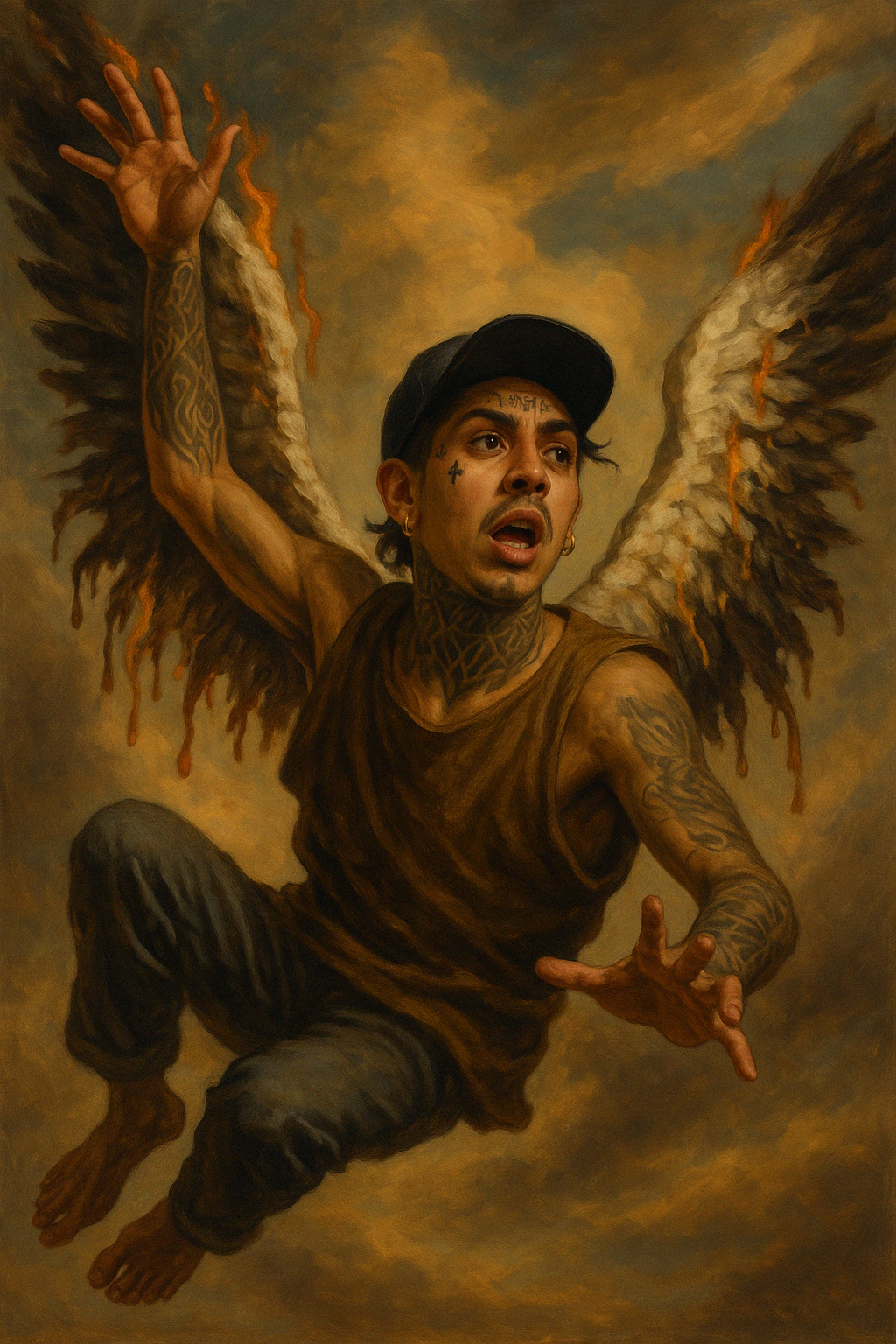Let’s be clear: Luis R. Conríquez is not stopping singing corridos at his concerts because he’s obeying a direct order from Mexico’s president, Claudia Sheinbaum. His decision is more strategic than political. It’s a response to the atmosphere of alarm sparked by what happened to Los Alegres del Barranco: artists sanctioned, surveilled, and accused of performing explicit songs that unapologetically glorify figures from the criminal underworld. In this new context, it’s not the Mexican government imposing censorship—it’s the weight of the U.S. consulate in Mexico, the true panopticon that hears everything.
Conríquez, like many other artists in the regional Mexican genre, understands that his career cannot survive without access to the U.S. audience—the most profitable market, where tours, rodeos, and festivals are held, and where a large share of streaming numbers that push them into global rankings is concentrated.
Los Tucanes de Tijuana, for instance, with a wide repertoire of danceable and romantic tracks, have opted to navigate these turbulent waters by sticking to the safest corners of their catalog. It’s not just about avoiding fines or symbolic punishments—what’s really at stake is their visa, their ability to enter a country where much of their fan base resides.
Junior H made it even clearer: in his recent appearance on the main stage at Coachella, he didn’t perform a single corrido. It was a calculated move, although consistent with his artistic path in the Sad Sierreño genre—an emotional, melancholic branch of regional music that doesn’t glorify any cartel figure.
Now, that same crossroads stands before Netón Vega, one of the genre’s rising stars. With the rapid rise of his corridos, Netón finds himself at a critical moment: he must decide what kind of artist he wants to be—someone who writes narco ballads on commission, or a musician who can cross the border without compromising his international career. The threat of his upcoming U.S. tour being canceled forces an urgent decision. His next moves will be as defining as his songs.
The context has changed. It’s not just the violence that continues to plague Mexico—it’s a new framework of sanctions, blacklists, and international surveillance. Commissioned corridos—those that name members of the Sinaloa Cartel or CJNG, those that speak in code about “pastillas” (pills), “botones azules” (blue buttons), and “ruedas” (rims)—are no longer viewed as part of a popular aesthetic, but as instruments of praise or propaganda for Mexican drug cartels, now considered terrorist organizations that threaten U.S. national security.
In this scenario, everyone seems to be recalibrating their compass. Everyone except Natanael Cano. The pioneer of corridos tumbados continues to behave as if nothing has changed. He sings Cuerno Azulado—an explicit ode to El Chapo Guzmán and his descendants—and Presidente, in which he directly references the leadership of the CJNG. There’s no caution, no reflection, no adjustment. Cano, in his own mythology, remains a modern-day Icarus: ignoring all warnings, flying ever closer to the sun with wings of wax, trusting that his flight will make him immortal.
But Icarus fell. And he didn’t fall out of malice, but from overconfidence, youthful arrogance, and a failure to understand that all glory has its limits. Cano has yet to suffer consequences, but the warning signs are there. The wings are starting to creak, the heat is rising, and the context is tightening. And while other artists adjust their course to remain within the industry, Icarus Cano keeps climbing, cuerno azulado slung over his shoulder, as if the sun couldn’t possibly burn him.
The question is not whether corridos will be censored, but who will survive this new cycle of scrutiny. And there stands Peso Pluma too, taking notes, wondering whether to be or not to be, to stay in Hollywood or return to Zapopan. We don’t yet know what he will decide. But like everyone else, his choice is no longer purely artistic—it is political, diplomatic, and deeply strategic. And the dilemma is simple: stop singing corridos in the first person and go back to narrating them in the third.


Leave a Reply